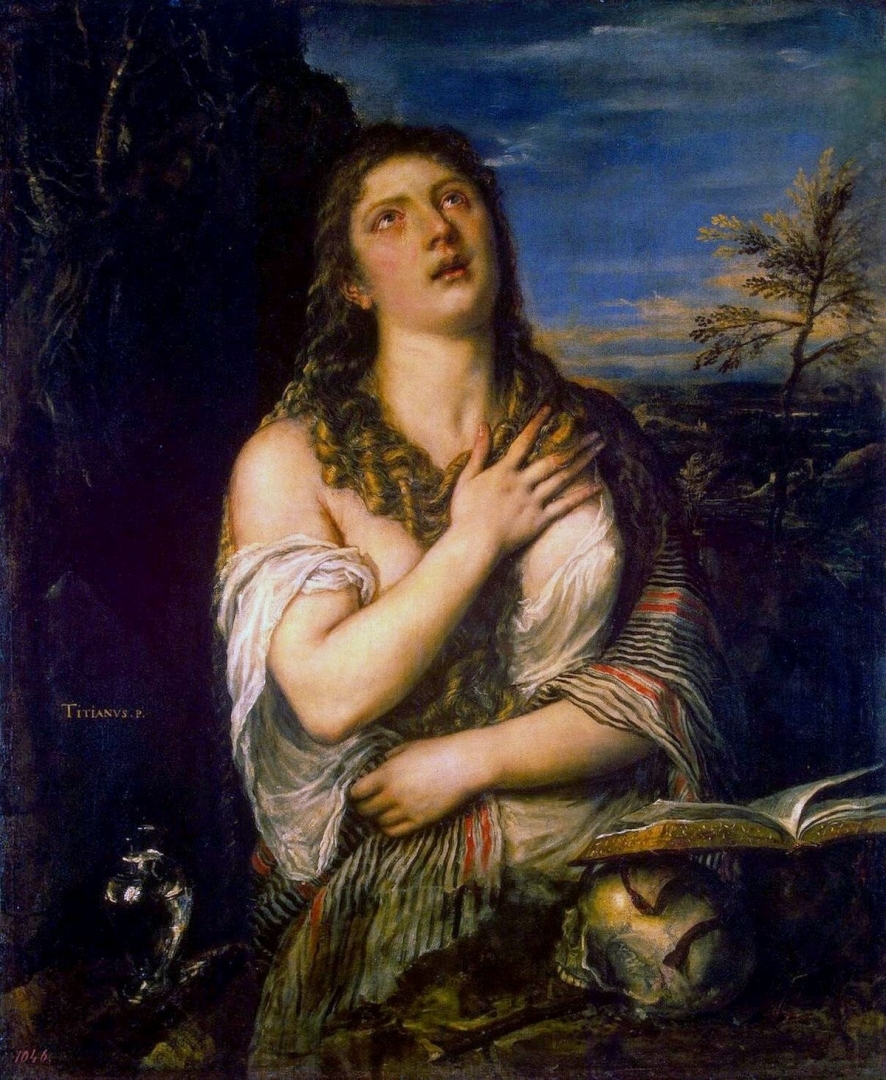#p80031,triatma написал(а):Да я немного не о том - почему слово "Блудница" лингвистически связана со словом "кровь", "blood" - вот вам гимнастика....
Кровь, наверное, пьёт... у мужиков... (шутка)
а, вообще-то, вот так:
Этимология
Происходит от праслав. , от кот. в числе прочего произошли: ст.-слав. блѫдъ (греч. πορνεία), ср.: укр. блуд, сербохорв. блу̑д — то же, словенск. blǫ̑d «ошибка», чешск. blud «заблуждение», польск. błąd (род. п. błędu) — то же, в.-луж. błud «заблуждение», н.-луж. błud «блуждающий огонек». Сюда же блуди́ть, укр. блуди́ти — то же, ст.-слав. блѫдити, блѫждѫ, болг. блъдя́, сербохорв. блу́дити, блу̑ди̑м, словенск. blóditi «заблуждаться, ошибаться», польск. błądzić «блуждать», в.-луж. błudźić, н.-луж. błuźiś. Другая ступень чередования представлена в бляду́, *василиса прекрасная*. Ср. лит. blañdas 1. «хмурость», 2. «помрачение взора, ума»; blandýtis 1. «хмуриться», 2. «трезветь», 3. «блуждать», латышск. bluodities «слоняться, шататься», готск. blandan «мешать», др.-в.-нем. blantan «мешать», blentan «ослеплять». Использованы данные словаря М. Фасмера.
И вот для сравнения:
blood (n.)
Old English blod "blood, fluid which circulates in the arteries and veins," from Proto-Germanic *blodam "blood" (source also of Old Frisian blod, Old Saxon blôd, Old Norse bloð, Middle Dutch bloet, Dutch bloed, Old High German bluot, German Blut, Gothic bloþ), according to some sources from PIE *bhlo-to-, perhaps meaning "to swell, gush, spurt," or "that which bursts out" (compare Gothic bloþ "blood," bloma "flower"), from suffixed form of root *bhel- (3) "to thrive, bloom." But Boutkan finds no certain IE etymology and assumes a non-IE origin.
There seems to have been an avoidance in Germanic, perhaps from taboo, of other PIE words for "blood," such as *esen- (source of poetic Greek ear, Old Latin aser, Sanskrit asrk, Hittite eshar); also *krew-, which seems to have had a sense of "blood outside the body, gore from a wound" (source of Latin cruour "blood from a wound," Greek kreas "meat"), but which came to mean simply "blood" in the Balto-Slavic group and some other languages.
Inheritance and relationship senses (also found in Latin sanguis, Greek haima) emerged in English by mid-13c. Meanings "person of one's family, race, kindred; offspring, one who inherits the blood of another" are late 14c. As the fluid of life (and the presumed seat of the passions), blood has stood for "temper of mind, natural disposition" since c. 1300 and been given many figurative extensions. Slang meaning "hot spark, a man of fire" [Johnson] is from 1560s. Blood pressure attested from 1862. Blood money is from 1530s; originally money paid for causing the death of another.
Blood type is from 1928. That there were different types of human blood was discovered c. 1900 during early experiments in transfusion. To get blood from a stone "do the impossible" is from 1660s. Expression blood is thicker than water attested by 1803, in reference to family ties of those separated by distance. New (or fresh) blood, in reference to new members of an organization or group, especially ones bringing new ideas and fresh vigor or strength, is from 1880.
blood (v.)
1590s, "to smear or stain with blood;" 1620s, "to cause to bleed," from blood (n.). Meaning "to give (a hunting animal) its first taste of blood" is from 1781. Related: Blooded; blooding.
Ссылка
Так что Ваша идея о том, что слово "Блудница" лингвистически связана со словом "кровь", "blood", - это из области фантазий т.н. "народной этимологии". В своё время этот этимологический профанизм хорошо поэксплуатировал юморист Задорнов.





